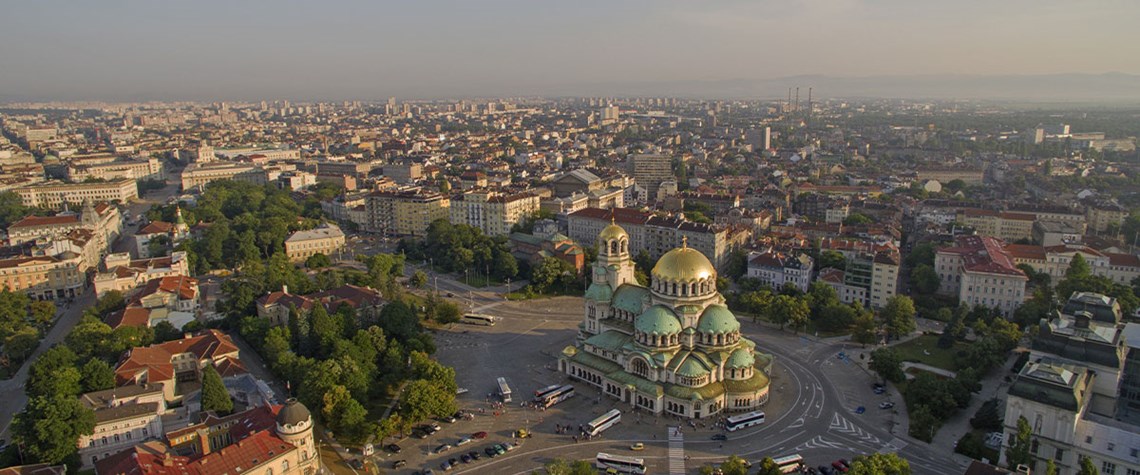Bulgaria caught between east and west
Russian interference and domestic political instability threaten the country’s dream of becoming a regional energy hub
Bulgaria is set to start receiving Azeri gas and US LNG via a long-anticipated link to Greece that is expected to become operational on 1 October. But the poorest EU member state—and one of Russia’s closest former satellites—is also headed into a bitterly contested election and faces an uncertain energy situation over the winter. The challenging position Bulgaria finds itself in is largely due to domestic dysfunction, analysts say, although the crisis is exacerbated by Russia’s decision in April to cut off gas supplies after the country’s former pro-Western coalition government, which collapsed in June, refused to pay in roubles. At the beginning of the year, Bulgaria was importing about 90p

Also in this section
17 February 2026
The 25th WPC Energy Congress, taking place in Riyadh, Saudi Arabia from 26–30 April 2026, will bring together leaders from the political, industrial, financial and technology sectors under the unifying theme “Pathways to an Energy Future for All”
17 February 2026
Siemens Energy has been active in the Kingdom for nearly a century, evolving over that time from a project-based foreign supplier to a locally operating multi-national company with its own domestic supply chain and workforce
17 February 2026
Eni’s chief operating officer for global natural resources, Guido Brusco, takes stock of the company’s key achievements over the past year, and what differentiates its strategy from those of its peers in the LNG sector and beyond
16 February 2026
As the third wave of global LNG arrives, Wood Mackenzie’s director for Europe gas and LNG, Tom Marzec-Manser, discusses with Petroleum Economist the outlook for Europe’s gas market in 2026







